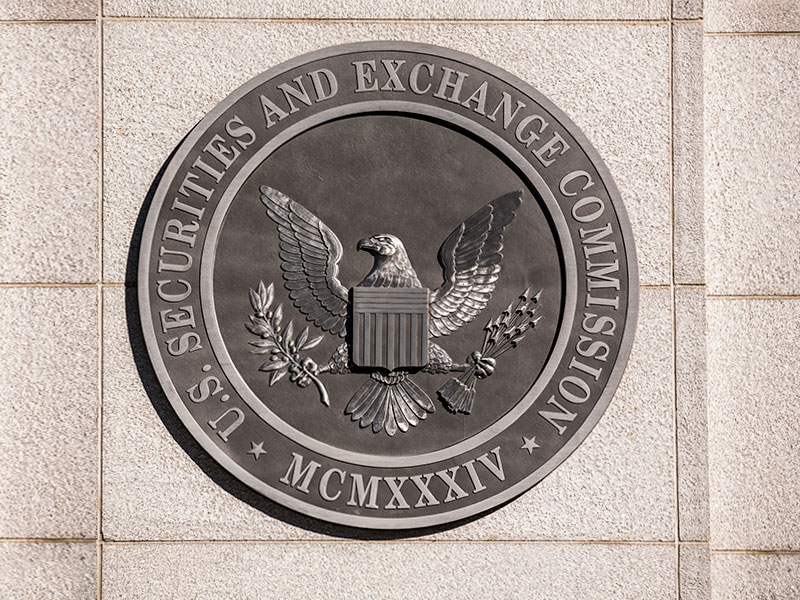
The securities industry is applauding the U.S. Securities and Exchange Commission’s (SEC) decision to push back the deadline for new mandatory clearing rules in U.S. Treasury markets, which were set to take effect at the end of this year.
The SEC delayed the compliance deadline for rule changes that would mandate central clearing for certain Treasury securities by one year — pushing back the deadline for cash trades to the end of 2026, and to mid-2027 for repo trades.
The rules, which were adopted by the SEC in 2023, are intended to reduce systemic risk, particularly during episodes of market stress, in the massive U.S. Treasury markets.
The regulator said that the delay in adopting those measures is intended to provide more time to implement the changes, and to address any operational issues that may arise.
“This one-year extension provides additional time to implement and validate operational changes,” said acting chairman of the SEC, Mark Uyeda, in a release. “Direct participants will also have more time to implement important risk management changes to comply with U.S. Treasury covered clearing agency rules.”
Industry trade group, the U.S. Securities Industry and Financial Markets Association (SIFMA), backed the SEC’s decision to delay implementation of the new clearing rules.
“Given the importance of the Treasury market to the financial system and the economy, along with the expected significant issuance of Treasury securities in the coming years, it is essential that the implementation timeline for the clearing rules allows for a smooth transition so as not to disrupt this market,” said Kenneth Bentsen, Jr., president and CEO of SIFMA, in a statement.
Industry firms on both the buy side, and the sell side, have been working to facilitate the transition to mandatory clearing by, among other things, developing new standardized documentation, policies and procedures, he noted.
“While we have seen continued uptick in cleared cash and repo Treasuries, market participants have become increasingly concerned that the original implementation dates were overly aggressive and would add unnecessary risk to the nation’s and world’s most important asset market,” Bentsen said.
He also noted that there’s a need for added regulatory guidance to help implement certain provisions of the new rules.
“No one should interpret this as the industry and the market stepping back from central clearing. The industry will continue to plow forward with our work to accomplish the mandate set out in the rule,” he said.
International Swaps and Derivatives Association (ISDA) CEO, Scott O’Malia, also approved of the extension, saying, “it’s important to bear in mind that this is the absolute minimum extension that is necessary — several critical operational, regulatory and legal issues need to be resolved, and this will take time.”
These issues include the new dealer documentation that needs to be developed, and agreed to among numerous counterparties; potential revisions to capital and leverage rules; and, the need to finalize certain aspects of the Basel III rules.
“The need for an extension was never about avoiding these reforms, but rather about making sure there is sufficient time to complete the necessary preparations in a way that protects the integrity of this vital market. We know from our experience in derivatives clearing and margining of non-cleared derivatives that these things take time, particularly given the global reach of the rules. There are no short cuts,” O’Malia said.
“We now have 22 months until the first clearing mandate will be introduced. This will be a transformational change to a systemically important market, so we thank the SEC for taking this step and granting the additional time. Now the hard work must continue,” he added.